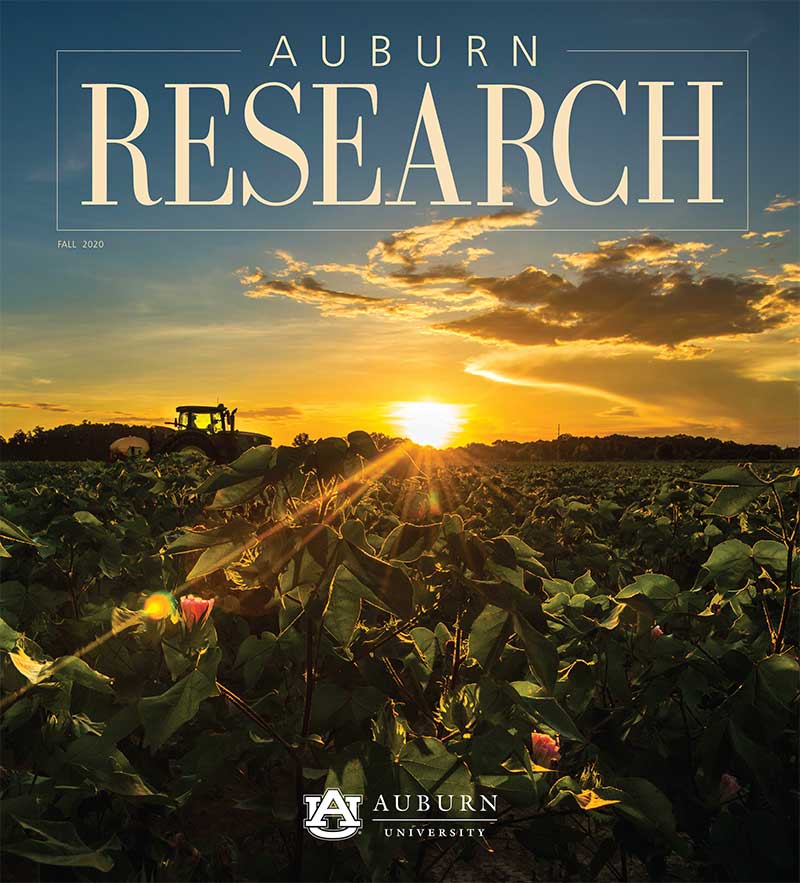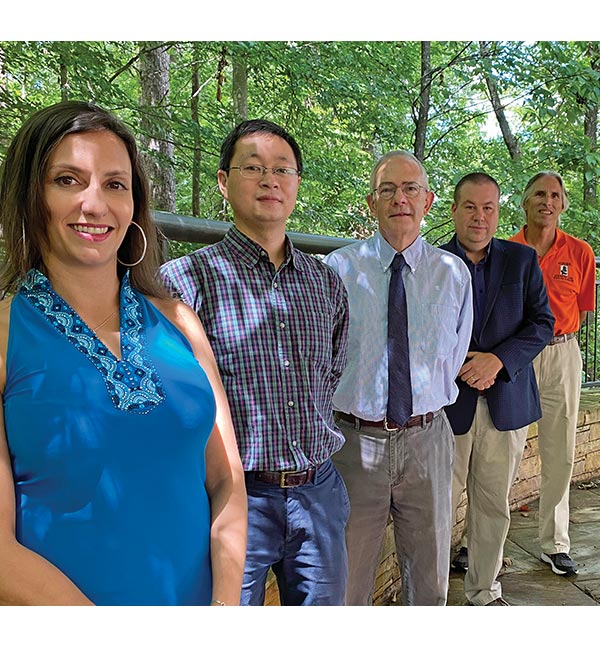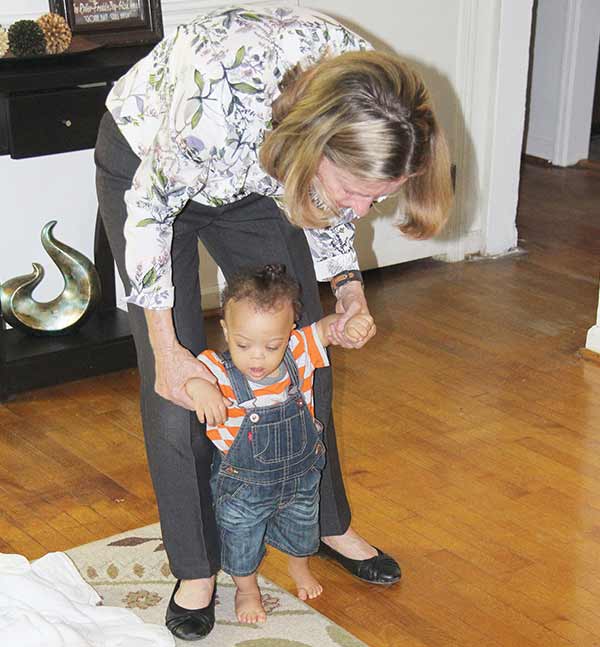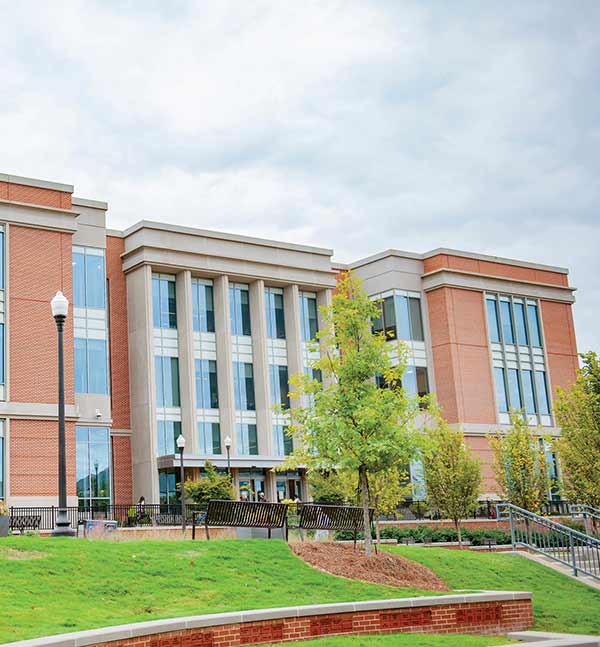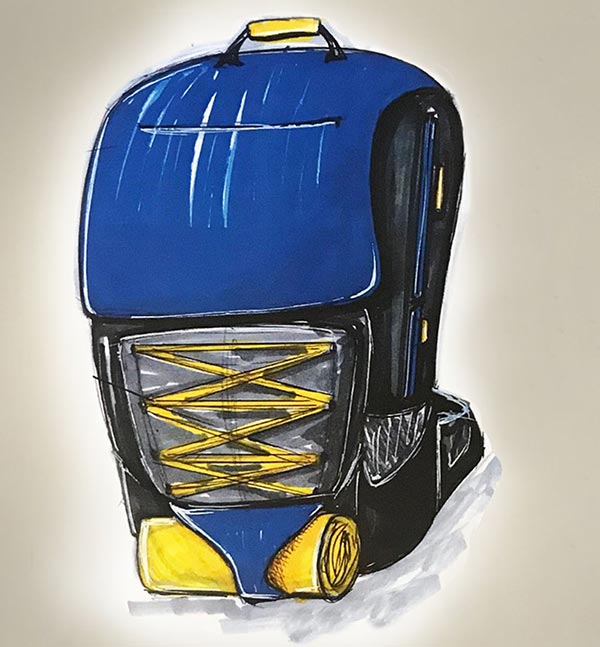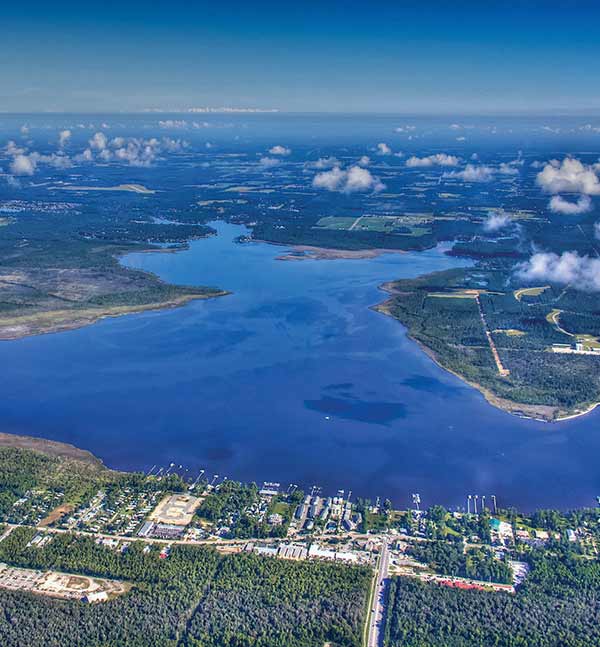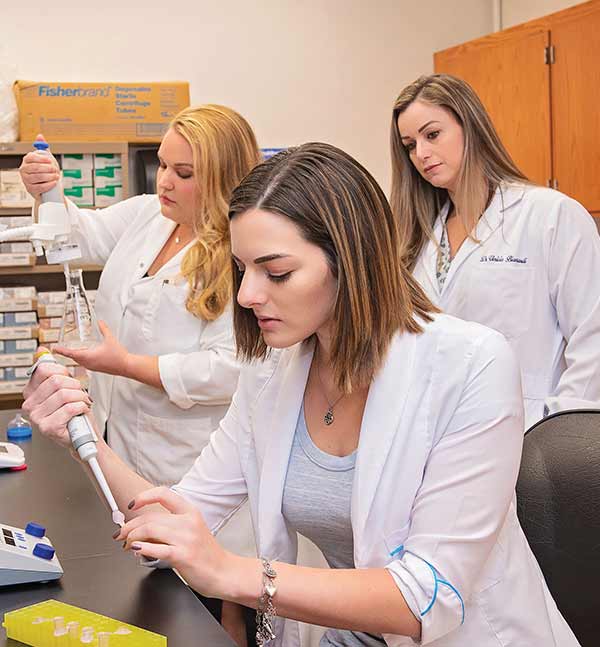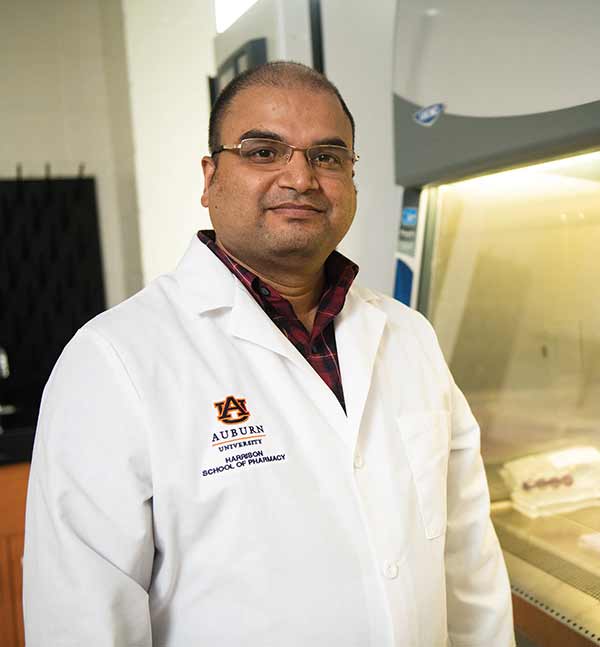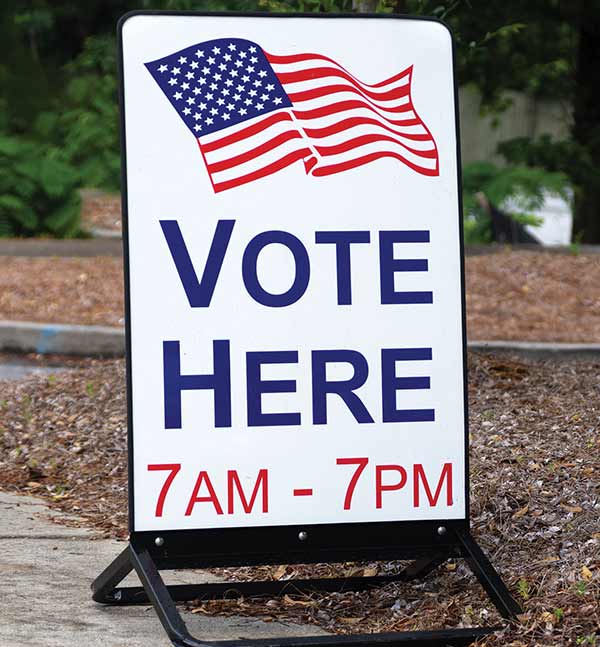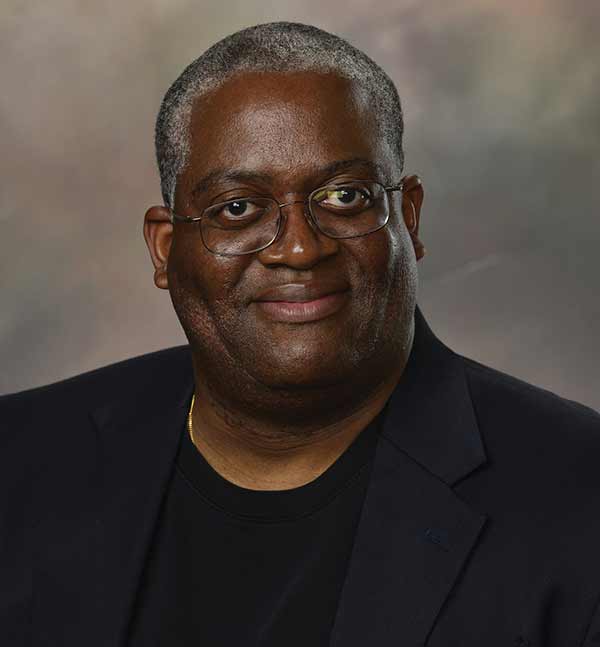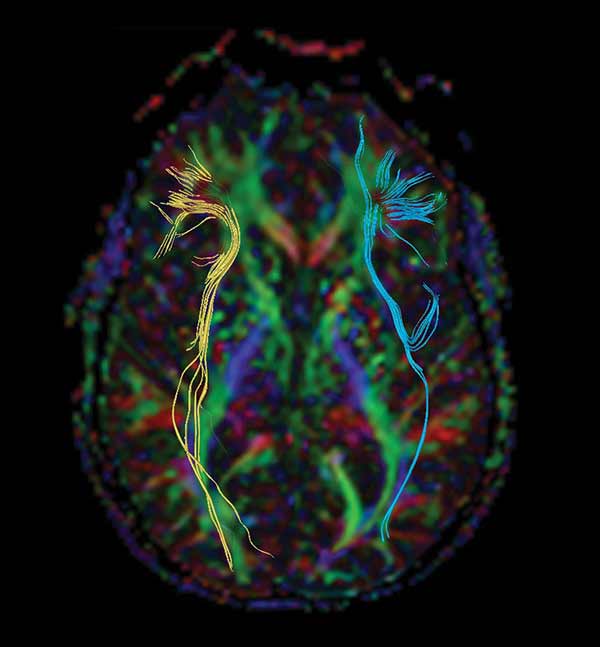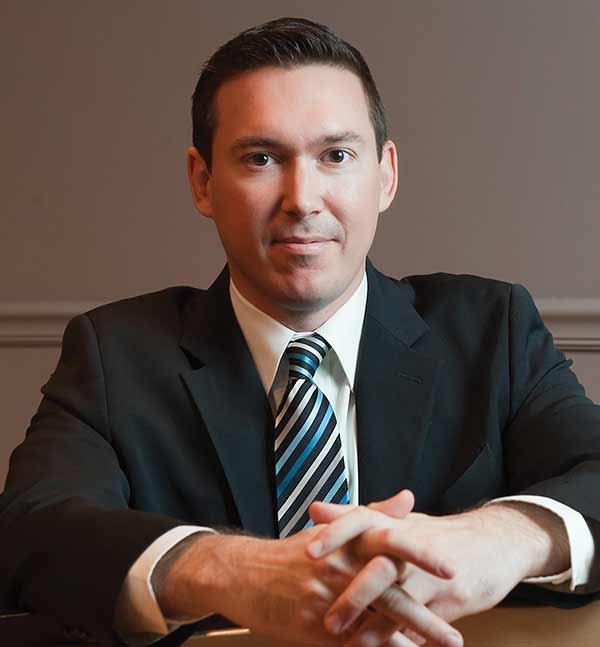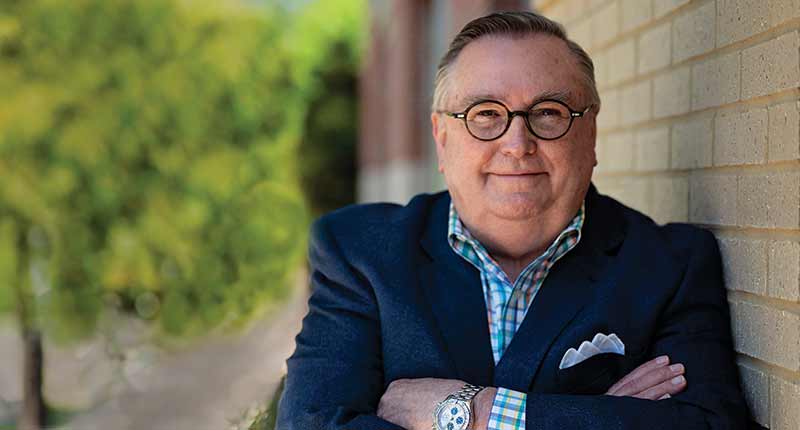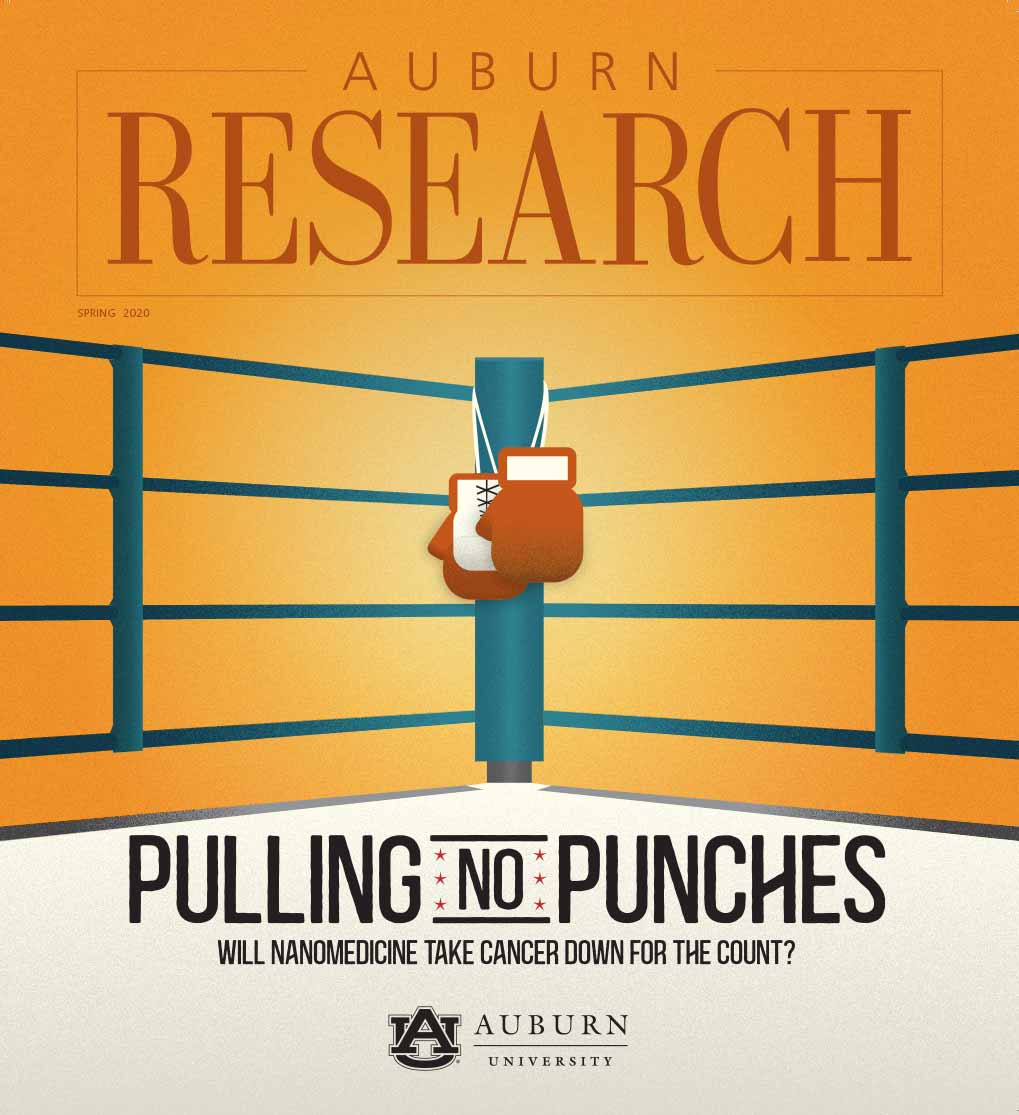
Contents
When the COVID-19 pandemic struck in the spring, Auburn researchers adapted to the rapidly changing research environment, utilizing best practices in safety procedures to carry on with essential research programs.
The National Science Foundation’s Faculty Early Career Development (CAREER) Program issues research funding “in support of early-career faculty who have the potential to serve as academic role models in research and education and to lead advances in the mission of their department or organization.” During the 2019-2020 fiscal year, the following Auburn faculty members received this prestigious recognition.
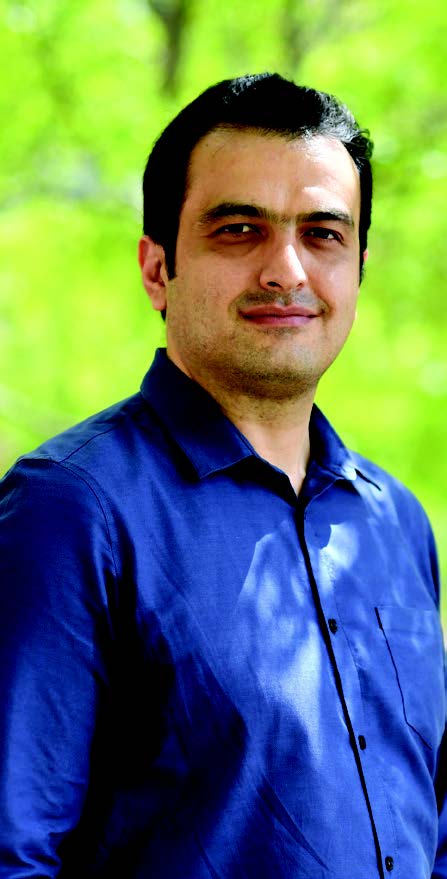
Department of Mechanical Engineering
Cathode Materials for Aluminum Batteries: Understanding Factors Influencing Aluminum Ion Intercalation into MXenes
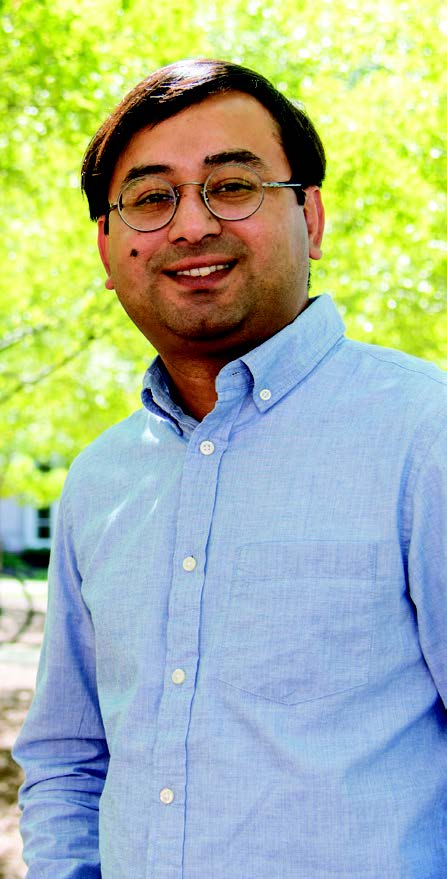
Department of Computer Science and Software Engineering
Bringing Models to Native: Open Access Bioinformatics for Protein Structure Refinement
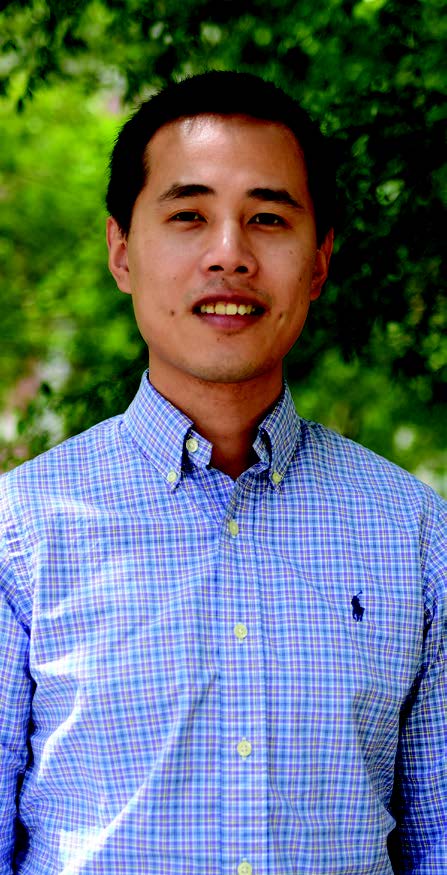
Department of Mechanical Engineering
Nano-Plasmon Ruler Imaging for Direct Visualization of How Cells "Talk"
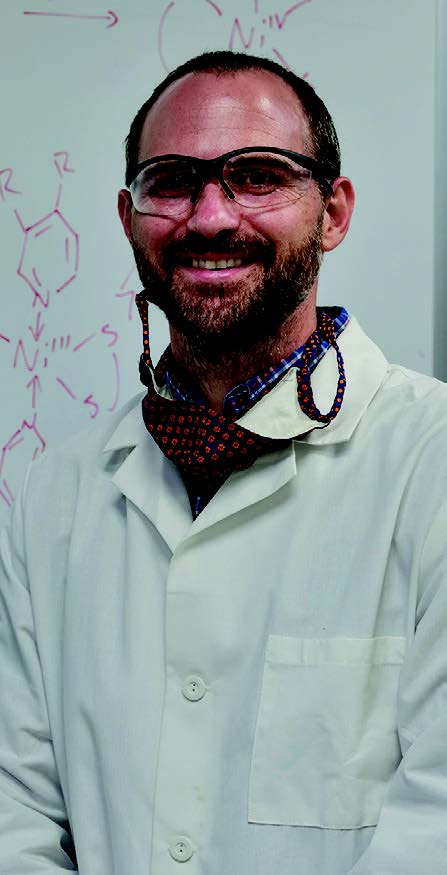
Department of Chemistry and Biochemistry
Multi-Electron Nickel Redox Cycles for Solar Energy Conversion and Storage
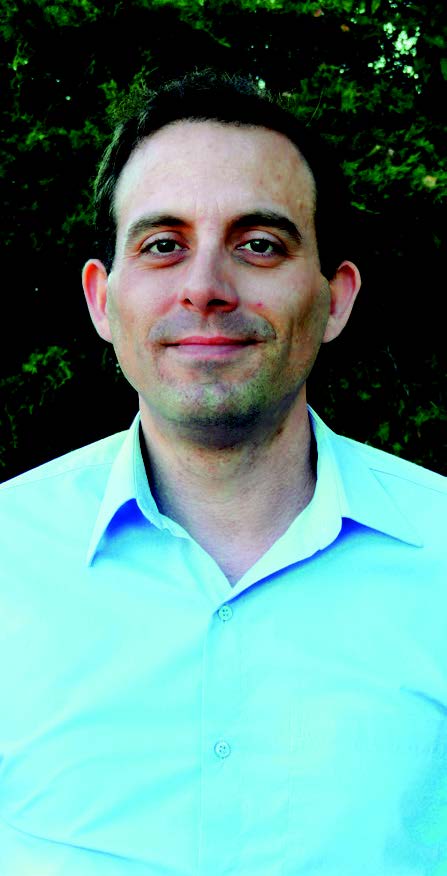
Department of Chemistry and Biochemistry
State-of-the-Art Quantum Calculations on a Novel Class of Super-Atoms: Discovering Exotic Chemical Bonding Schemes and Proposing New Two- and Three- Dimensional Materials
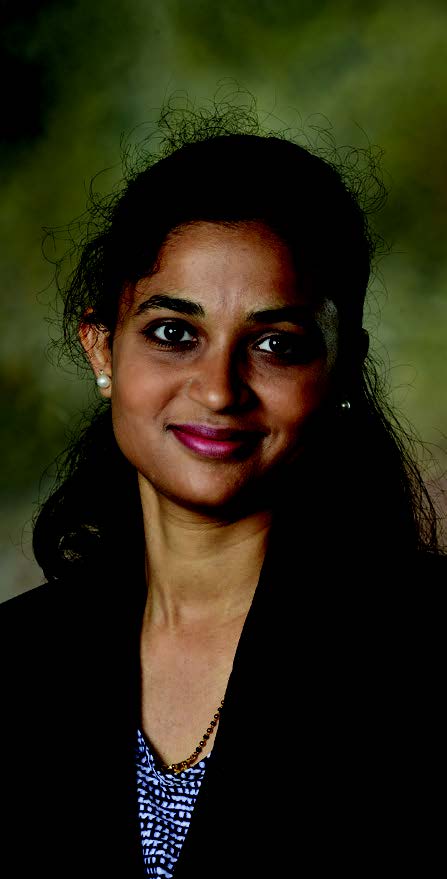
Department of Entomology and Plant Pathology
Investigating the Mechanistic Basis of Host Adaptation in Close and Distant Relatives Within Xanthomonas Species Complex
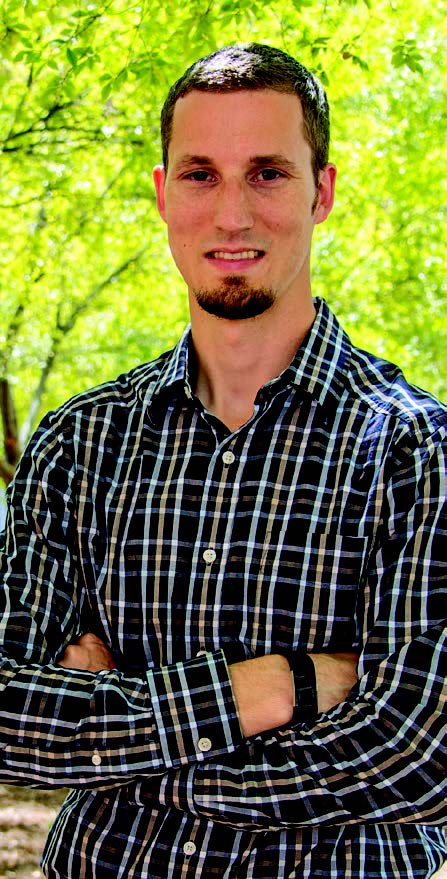
Department of Department of Civil Engineering
Theory-Guided Statistical Framework for Advancing Learning from Post-Windstorm Engineering Assessments
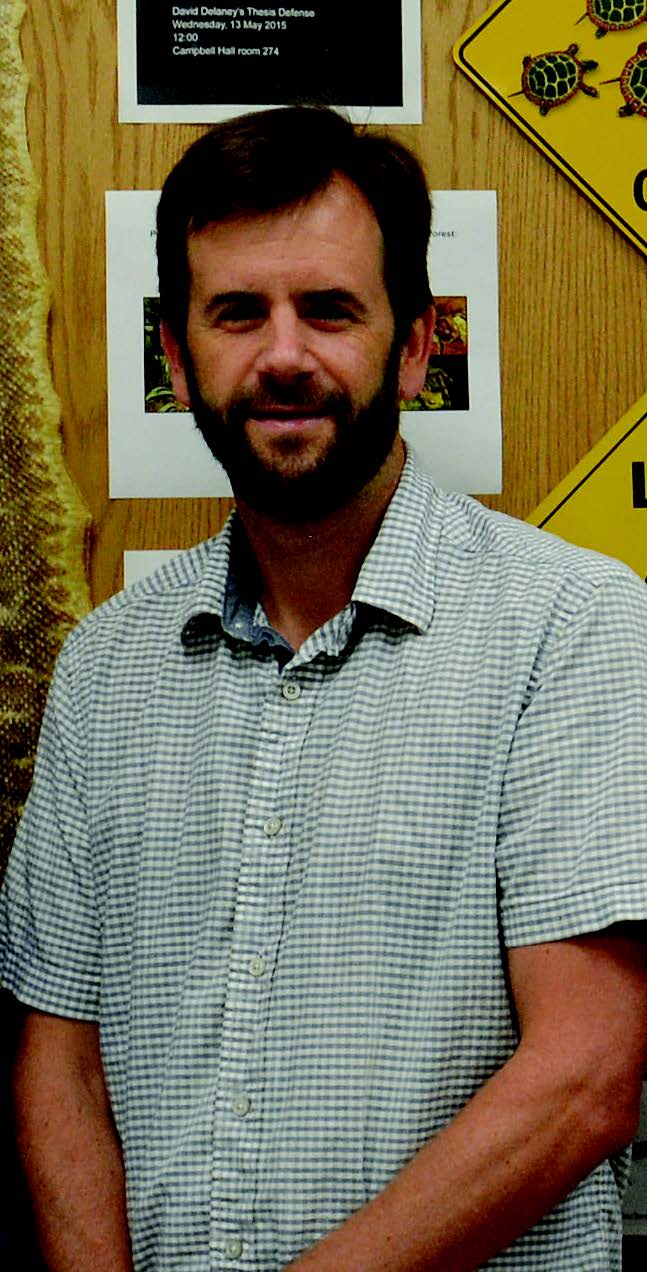
Department of Biological Sciences
Testing Alternative Routes of Adaptive Phenotype-Environment Matching Across Heterogeneous Landscapes in Wild Populations
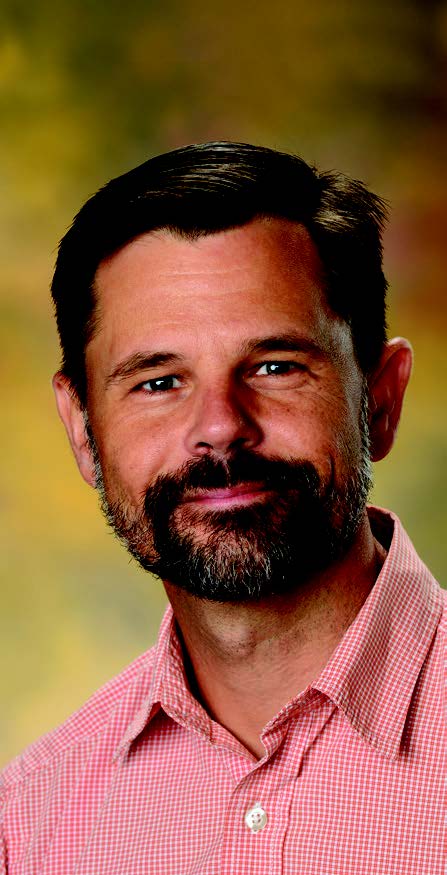
Department of Crop, Soil and Environmental Sciences
Identifying Primary and Secondary Drivers of Cyanotoxin Production Utilizing the Sediment Record and Paleolimnology
Cover Story
Closing Thoughts from the Vice President
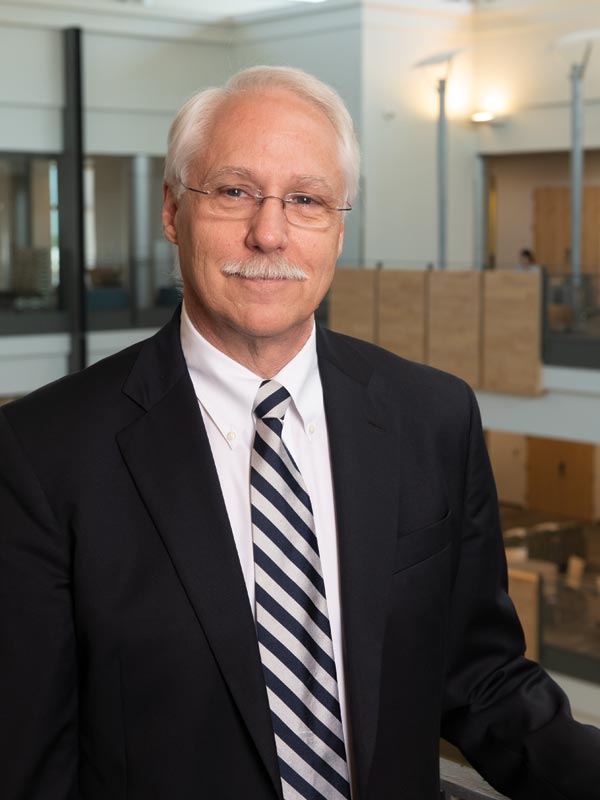
We often hear about the Auburn Family and how great it is to be a part of it. This year, especially, has shown that to be true, as students, faculty and staff have pulled together to respond to the challenges of the COVID-19 pandemic.
Auburn’s research enterprise has remained strong, as critical research continued, even while many other institutions opted for a full shutdown of their research efforts. Thanks to the dedicated work of researchers and staff across the university, and aided by careful adherence to best practices in safety, impactful research at Auburn has carried on, despite the difficulties of a public health crisis.
As our cover story explains, researchers in Auburn’s College of Agriculture have continued to do the important work of helping keep Alabama’s food supply safe and secure. Faculty members in other areas have tested coronavirus vaccine candidates, engineered emergency ventilator systems and studied the social and economic implications of COVID-19. Issues of health disparities in the rural South have come into the spotlight again, and Auburn researchers, in collaboration with other institutions across the nation, have responded with renewed efforts to combat these inequities. As family members do in hard times, those who make up the research enterprise across Auburn University have worked together to evaluate problems, find solutions and provide real help in a time of need.
As is often the case, our strengths shine brightest in difficult times, and in what has proven to be a year of unprecedented challenges, Auburn has carried on, steady and strong. With a hopeful eye toward better days ahead, we will continue our commitment to solve real-world problems through discovery and innovation, leveraging the talents and dedication of Auburn researchers to benefit our local communities and the people of Alabama, our region and beyond.



